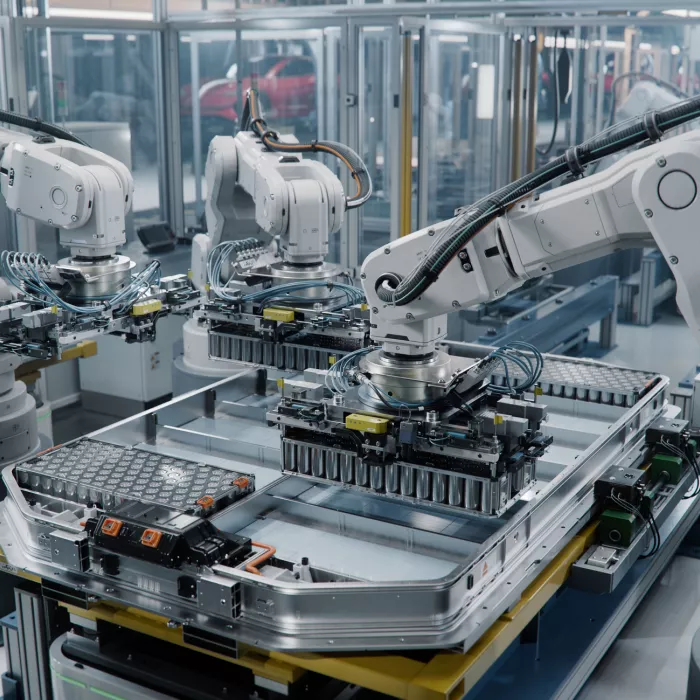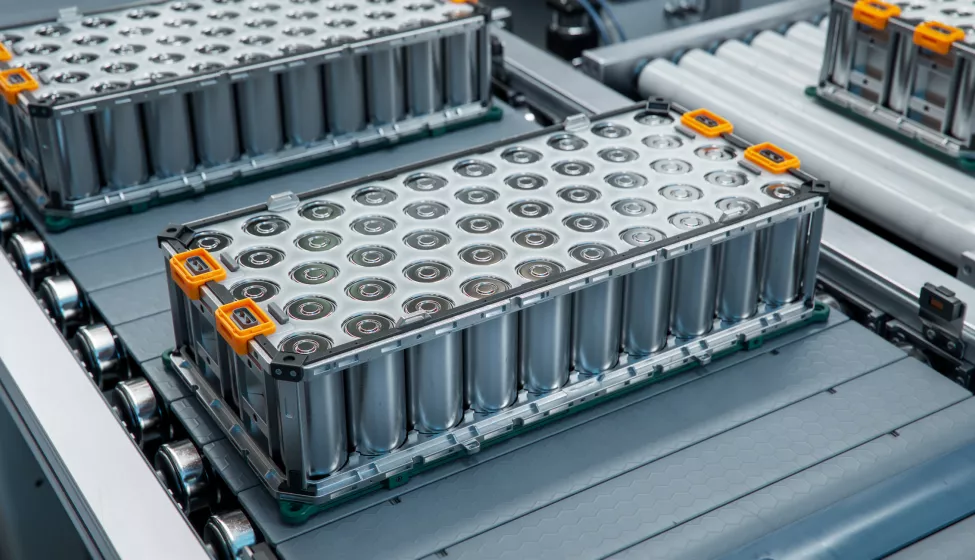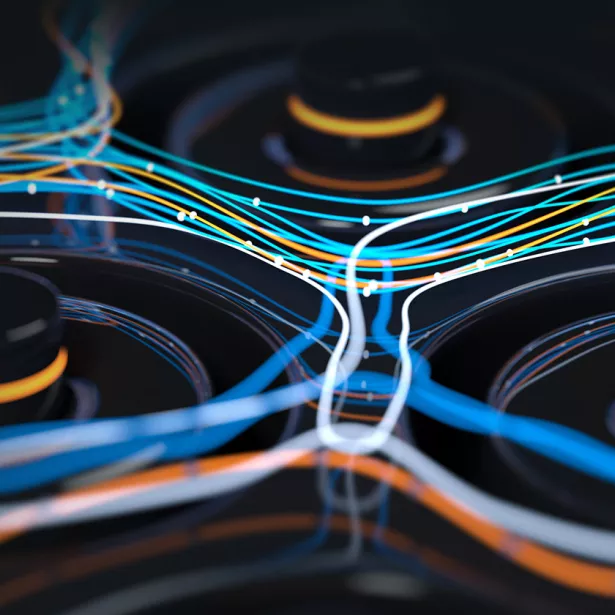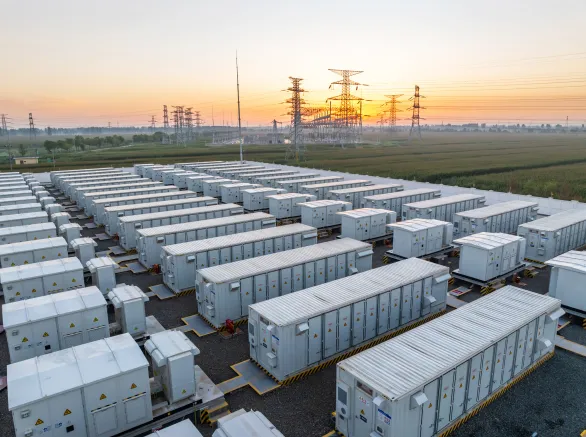September 12, 2024
What companies need to know about changes to Section 301 tariffs and related options in battery technology
Exponent's Ryan Spray, Ph.D., has been featured as a guest contributor to TWAICE Insights in an article examining the impact of U.S. Section 301 laws on the battery industry. Broadly, the article explores how updates to Section 301 of the Trade Act affect battery industry stakeholders — specifically importers of lithium-iron phosphate (LFP) and nickel manganese cobalt (NMC) batteries — and the strategic decisions facing businesses in response to levies on lithium-ion electric vehicle batteries produced in China that will increase from 7.5% to 25% in 2026.
Dr. Spray offers insights on the rise of U.S. battery manufacturing, examining near-term economic incentives and the inherent challenges posed by limited domestic mineral resources, like graphite.
As discussed in the article published by TWAICE — a battery analytics and software company that features white papers and other battery industry coverage on its website — U.S. companies must decide whether to continue using LFP batteries, which will become more expensive due to these tariffs, or switch to domestically available NMC batteries, with potential performance-related trade-offs.

From the publication: "With the battery typically representing a third of an EV's total price, these tariffs introduce big discrepancies into cost structures — enough to tip the balance between profit and loss per unit."



